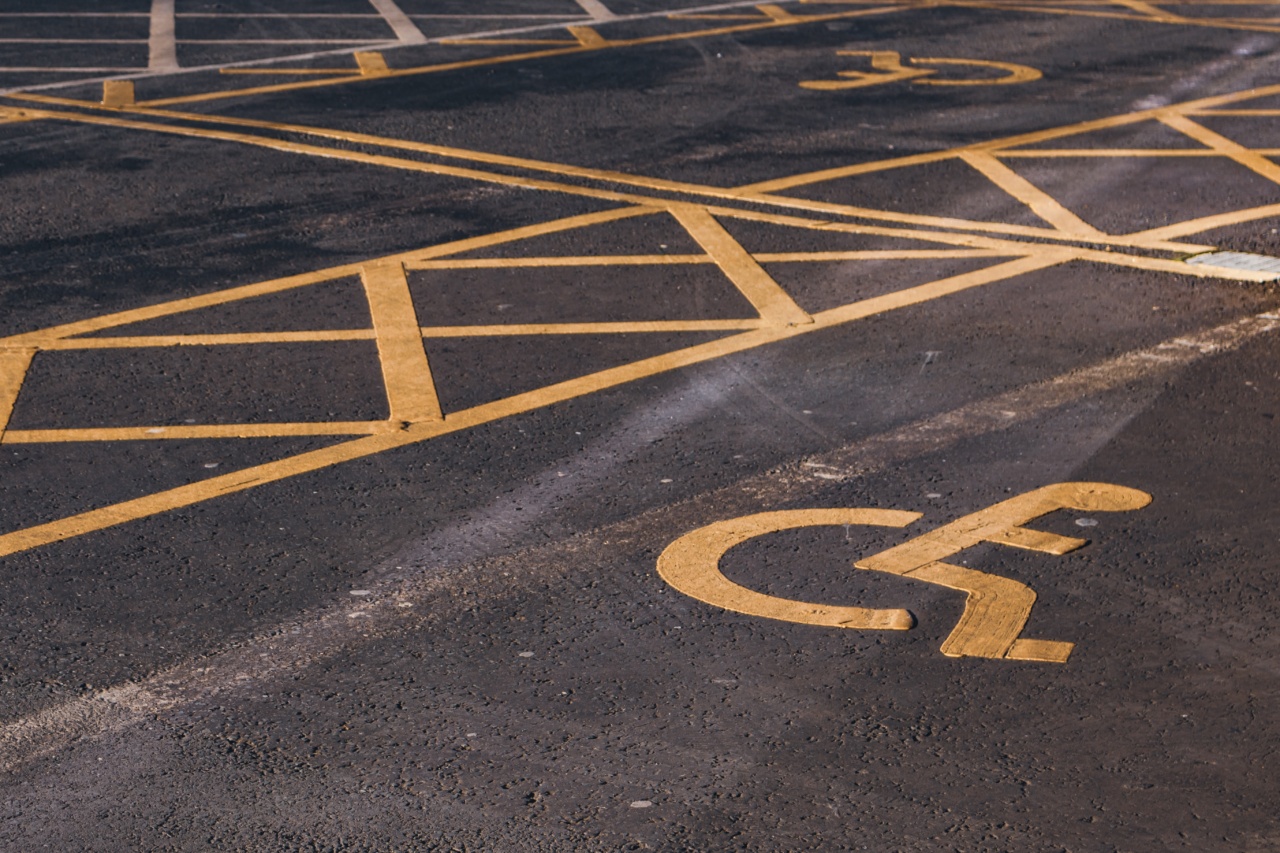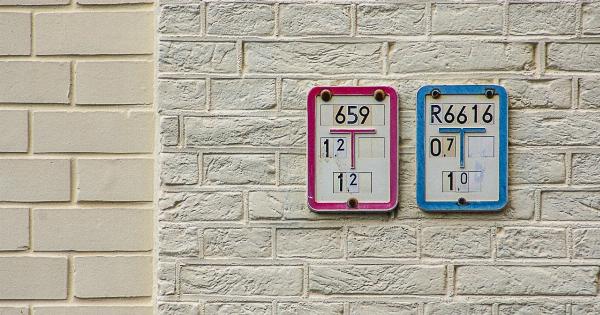Protein is an essential macronutrient that plays a crucial role in building and repairing tissues, producing enzymes and hormones, and supporting overall health. However, consuming too much protein can have negative effects on your body.
This comprehensive guide will help you identify the signs of excessive protein intake and guide you on how to maintain a balanced protein consumption.
1. Digestive Issues
One common sign that your protein intake may be too high is experiencing digestive issues.
When your body receives excess protein, it may struggle to break it down and digest it properly, leading to symptoms such as bloating, gas, constipation, or diarrhea.
2. Dehydration
Consuming excessive amounts of protein can result in dehydration. When your body metabolizes protein, it produces more nitrogen waste products that need to be eliminated through urine.
This puts extra strain on your kidneys, leading to increased water excretion and potential dehydration if you’re not consuming enough fluids.
3. Kidney Problems
Long-term consumption of excessive protein can put a strain on your kidneys. The kidneys are responsible for filtering waste products from the blood, including nitrogen by-products produced during protein metabolism.
Overloading your kidneys with excessive protein can potentially result in kidney dysfunction or even kidney disease.
4. Unhealthy Weight Gain
If you notice that you’re gaining weight despite following a balanced diet and exercise routine, your high protein intake might be the culprit.
Consuming more protein than your body needs can lead to weight gain, as excess protein is converted into fat and stored in the body. Additionally, high-protein diets can often be calorie-dense, further contributing to weight gain.
5. Mineral Imbalances
Excess protein intake can disrupt the balance of minerals in your body. High protein diets tend to be low in certain essential minerals like calcium, magnesium, and potassium, as they are commonly found in carbohydrate-rich foods.
This imbalance can negatively affect your bone health, muscle contractions, and overall electrolyte balance.
6. Nutrient Deficiencies
Focusing too much on protein consumption can lead to neglecting other important nutrients. A diet excessively high in protein may be lacking in essential vitamins, minerals, and fiber that are predominantly found in fruits, vegetables, and whole grains.
This imbalance can result in nutrient deficiencies and compromise overall health.
7. Bad Breath
An unpleasant side effect of consuming excessive protein is bad breath. When your body breaks down protein, it releases ammonia as a by-product. High protein diets can elevate the levels of ammonia in your mouth, causing breath odor.
8. Increased Risk of Chronic Diseases
Studies have shown that diets high in animal-based protein, such as red meat and processed meat, are associated with an increased risk of chronic diseases like heart disease, diabetes, and certain types of cancer.
Consuming excessive protein from such sources can contribute to inflammation and other detrimental effects on health.
9. Mood Swings and Mental Fatigue
Consuming excessive protein while neglecting other macronutrients like carbohydrates can affect your brain’s production of serotonin. Serotonin is a neurotransmitter that regulates your mood, appetite, and sleep.
Low serotonin levels due to an imbalanced diet can lead to mood swings, irritability, and mental fatigue.
10. Impact on Longevity
A diet excessively high in protein, especially animal protein, has been linked to a higher risk of mortality and overall reduced longevity.
Consuming moderate amounts of protein from diverse sources, including plant-based protein, is associated with better health outcomes and increased longevity.
Conclusion
While protein is essential for good health, it’s important to strike a balance and avoid excessive intake. Keeping an eye out for the signs mentioned above can help you identify if your protein consumption is too high.
If you notice any of these signs, consider consulting a healthcare professional or nutritionist to help you adjust your diet and ensure optimal protein intake for your body’s needs.



























